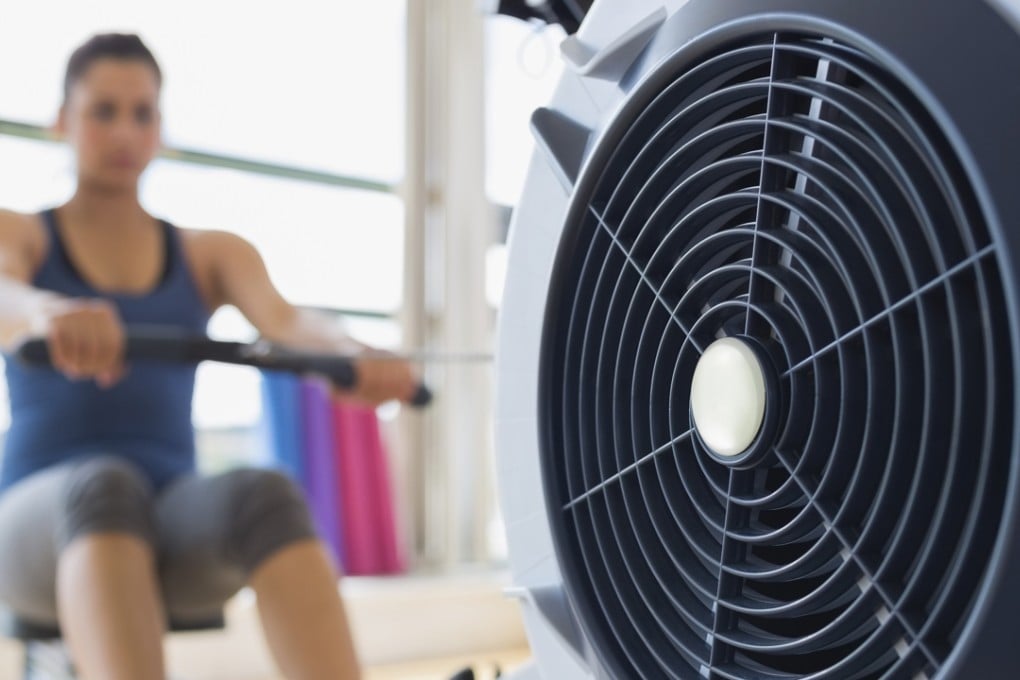Why working out harder doesn’t give you a licence to pig out afterwards
Our bodies adjust to higher levels of physical exercise by using energy more efficiently, so while hitting the gym is good for your health it doesn’t mean you can eat more, researchers find

Think by working out more you can eat more? Think again.
Our bodies actually adapt to higher activity levels – so we don’t necessarily burn extra calories even if we exercise more, according to a new study by researchers published in the journal Current Biology.
“There is tons of evidence that exercise is important for keeping our bodies and minds healthy, and this work does nothing to change that message,” says researcher Herman Pontzer from the City University of New York
“What our work adds is that we also need to focus on diet, particularly when it comes to managing our weight and preventing or reversing unhealthy weight gain.”
Pontzer and colleagues measured the daily energy expenditure and activity levels of more than 300 men and women over the course of a week.
They found a weak but measurable effect of physical activity on daily energy expenditure. But further analysis showed that this pattern only held among subjects on the lower half of the physical activity spectrum.